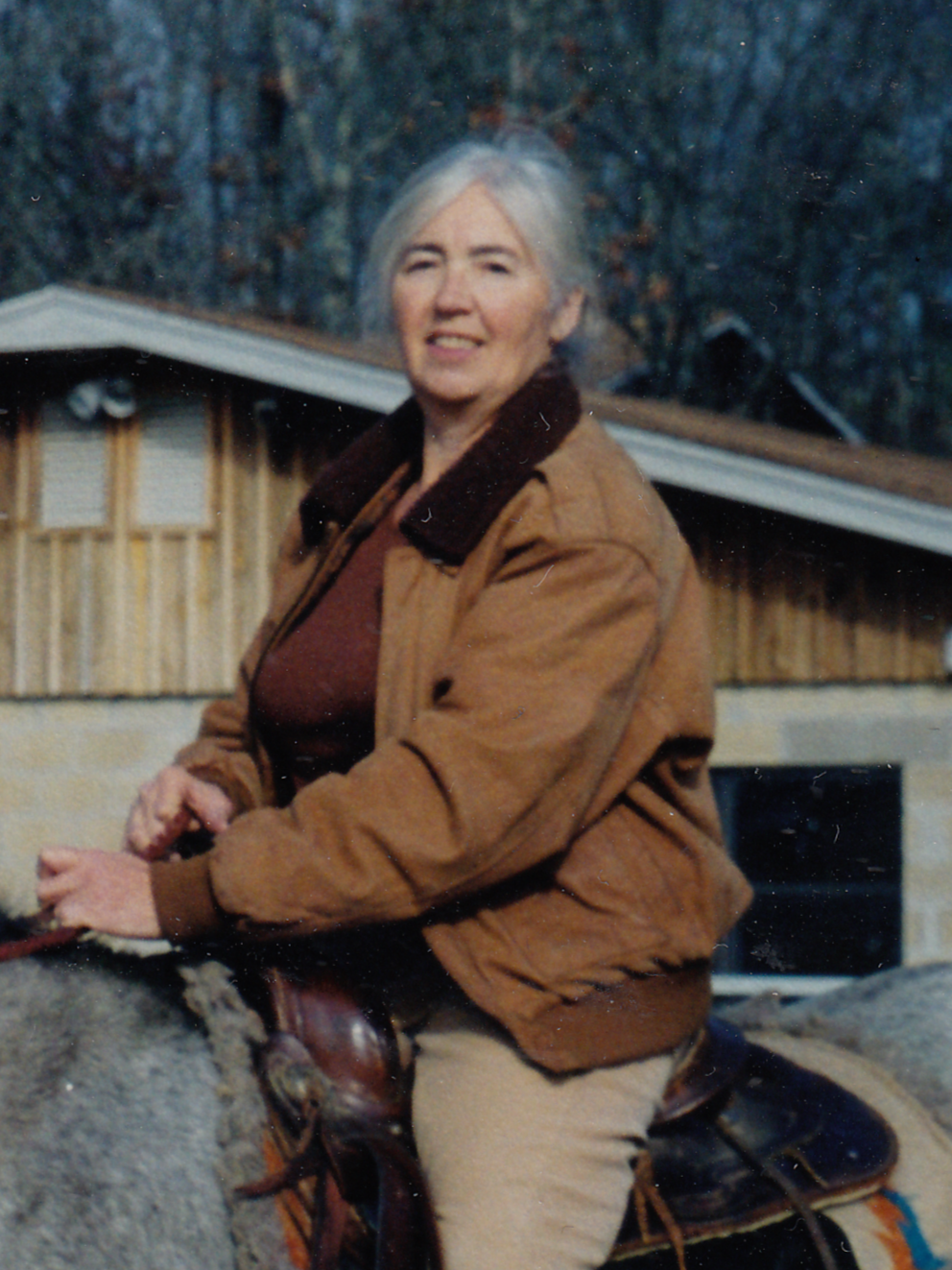He came over to my crib and kissed me. That was the last time I saw my dad

Stáhnout obrázek
Zdeňka Peterka, née Luhanová, was born on 1 January 1936 in Kunovice near Uherské Hradiště. She grew up in Uherské Brod with her mother, Zdeňka (nee Pijáčková), and father, Václav. During the war, her father was a commander of the transport department in the resistance organisation Defence of the Nation. On September 15, 1941, her father was arrested, and a month later - on October 15 - the Nazis executed him by shooting him in the Kounice dormitories in Brno. Zdeňka Peterka remembers the procedures of the front, the bombing and the subsequent liberation of Uherský Brod on April 26, 1945. In the post-war period, she graduated from a grammar school, and in the first half of the 1960s, she extended her education at the pedagogical institute in Gottwaldov, today‘s Zlín. She then worked as a teacher all her professional life. After the Velvet Revolution, in 1993, she travelled to the USA to visit her childhood friend and former classmate Ladislav Peterka. She later married him, and they lived together on a ranch in Arkansas for the next 18 years. In 2011, after the death of her husband, Zdeňka Peterka returned to the Czech Republic. In 2023, she was living in Uherský Brod.






